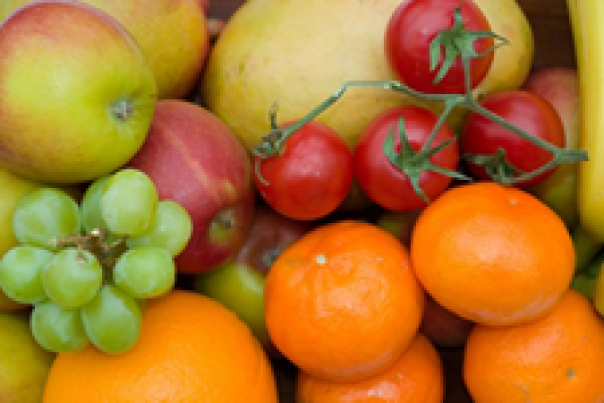
Researchers at Paris University have said that pesticides in conventional fruit and vegetables can cause cancer, suggesting that going organic can help prevent the disease.
The study, which was published in the JAMA Internal Medicine journal, looked at 69,000 people who were questioned about their diet and followed for an average of five years, during which, 1,340 of the developed cancer.
The quarter of people who ate the most organic food were 25% less likely to get cancer than the quarter who ate the least, even after adjusting for age, class and other health conditions.
Joanna Lewis, director of policy at the Soil Association, said: “Healthier diets and organic food should be a right for all, not a privilege for the few. The strongest evidence for reducing cancer risk is associated with adopting a healthier diet: increasing fruit and veg consumption and cutting consumption of processed meat, refined carbohydrates and sugar.
“However, this study suggests that reducing exposure to pesticides by making organic food more widely available should be given greater attention in cancer prevention.
“Supporting organic food and farming is also a positive response to widely held concerns about animal welfare, reducing resistance to antibiotics and the climate impact of our diets.
“The Soil Association’s Food for Life programme is normalising healthier menus and organic food for all, changing menus in more than half of primary schools in England, including in the most disadvantaged communities like Tower Hamlets and Oldham. Organic sales are up in the UK (and across Europe and the US) and more and more shops, cafes and restaurant chains are offering a good range of organic.”
The study, however, acknowledged that it cannot prove cause and effect, and that the link might be a result of richer, better educated and healthier people choosing organic produce. The participants’ pesticide exposure was not measured.